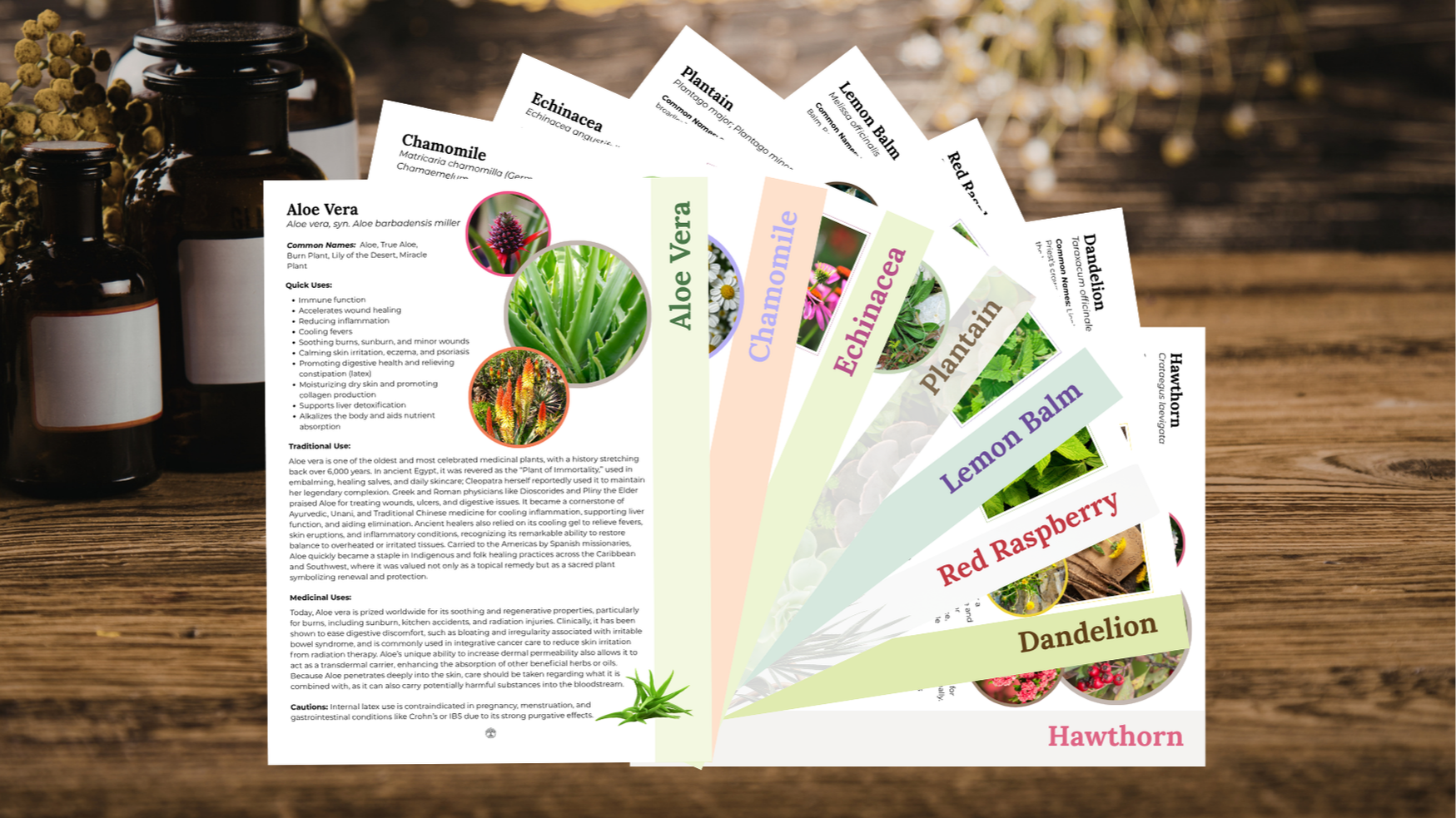
The Rabbit Effect - The Importance of Connection
Apr 12, 2024"The Rabbit Effect" is a term coined by Kelli Harding, a psychiatrist and author. It refers to a research study conducted by scientists in the 1970s, which examined the effects of social support on health outcomes in rabbits. The study found that rabbits with companionship and social interaction tended to have better health outcomes compared to those who were isolated, even when both groups were fed the same high-cholesterol diet. This phenomenon suggests that social connections and support can have a significant impact on physical health and well-being. In her book titled "The Rabbit Effect: Live Longer, Happier, and Healthier with the Groundbreaking Science of Kindness," Harding expands on this idea and explores how social connections influence human health and longevity.
Biology vs. Environment
In the realm of American medicine, a prevailing belief persists: that biology alone holds the key to understanding illness. Or stated another way, our DNA predicts our physical outcome, such as length of life, quality of life, illnesses, etc. In 1977, Dr. Engle challenged this belief stating that he believed, 80 to 90 percent of a person’s individual health outcomes come from the environment around us, especially social relationships. Social relationships include our relationships with family members, co-workers and people in our community.
In Kelli Harding's book "The Rabbit Effect," she emphasizes the interconnectedness of biological, psychological, and social factors in shaping our health and well-being. She states, “What we are missing in medicine is that health extends far beyond the body alone and includes our social world." Research included in Harding's book shows the transformative power of positive relationships on health and happiness. She states, “Our intimate, one-on-one bonds are the most important critical factor in our health.” Mother Teresa was correct when she stated, "If you want to change the world, go home and love your family.
Social Connection
“Social ties are a critical hidden factor of health, yet we often pay more attention to our diet and devices than to our communities”. One of the greatest health risks is loneliness. This health risk has been found to be more serious than obesity, physical inactivity, high blood pressure and bad cholesterol. One study revealed that loneliness is equivalent to smoking fifteen cigarettes a day or heavy alcohol use.
Loneliness and Health
If loneliness is deadly to our health, then companionship or friendship is more precious than gold. Kelli Harding states, "Our social ties buffer us physically and mentally…Better social support improves sleep quality, which improves cognitive functioning and mood. Good relationships reduce blood pressure, inflammation, and the fight-or-flight hormones epinephrine and cortisol. Supportive relationships also increase oxytocin, the 'love hormone,' and endogenous opioids, reducing pain.” She encourages us to take our social connections and intimate relationships as serious as diet, exercise, ad sleep because they can have a great positive effect on our physical health.
In essence, "The Rabbit Effect" serves as a poignant reminder that health extends far beyond the confines of the body, encompassing the tapestry of our social world. It challenges us to recognize the profound impact of our relationships on our well-being and inspires us to cultivate bonds of love and support that serve as pillars of strength to our health.
Kelly Summers, is a Master Herbalist & Natural Healing Guide®. She knows that knowledge is empowering and deeply desires to share the insights she has learned through her continued journey of learning.
References
Harding, Kelli. The Rabbit Effect: Live Longer, Happier, and Healthier with Groundbreaking Science of Kindness. (Atria Paperback, NY: 2019).



